These are just a few of the women who have fought for women’s rights and equality.
Lenten Campaign 2025
This content is free of charge, as are all our articles.
Support us with a donation that is tax-deductible and enable us to continue to reach millions of readers.
Throughout history, women have fought for their rights in every area, showing their abilities and giving witness of what they could achieve in fields like medicine, politics, philosophy, science, literature, and so on. Here are some of them, but of course there are many more we could add!
Joan of Arc
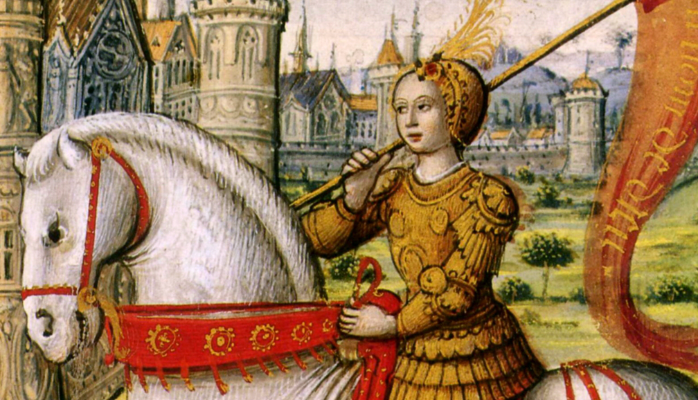
The “Maid of Orleans,” as she was called, was a holy and heroic Frenchwoman. She was born in a comfortable peasant family, and her childhood was lived in the midst of the bloody conflict of the 100 Years War. At age 17, she came to lead the French Army. In 1430, she was captured by the English and judged, accused of heresy and witchcraft, and was burned at the stake.
Flora Tristan
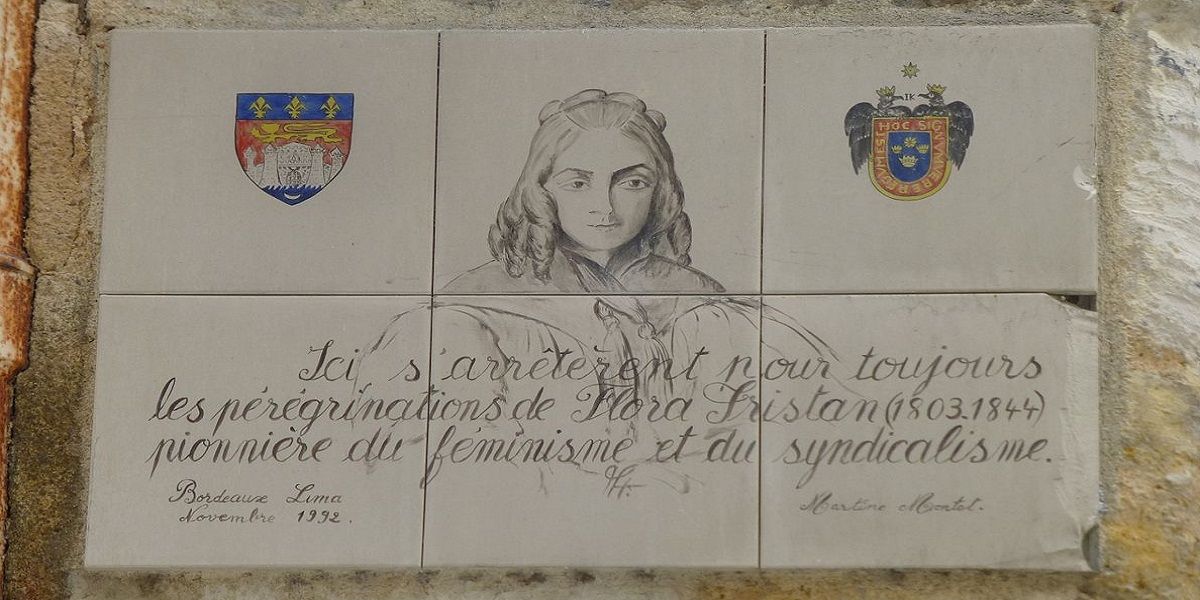
Born in Paris on April 7, 1803, she was a writer, socialist thinker, and French feminist of Peruvian origin. As one of the great founders of modern feminism, she wrote the works The Emancipation of Woman, published two years after her death, and The Workers’ Union, which lays the foundations of feminism and sets out the rights of workers, especially those of women workers.
Emmeline Pankhurst
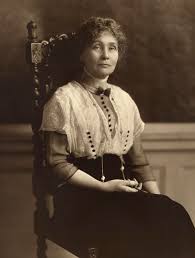
Born in 1858, she was the most important leader of the English suffragettes. She founded the Women’s Social and Political Union, or WSPU, which fought for women’s right to vote. The WSPU won that right for all women over age 21 in the year 1928.
Marie Curie
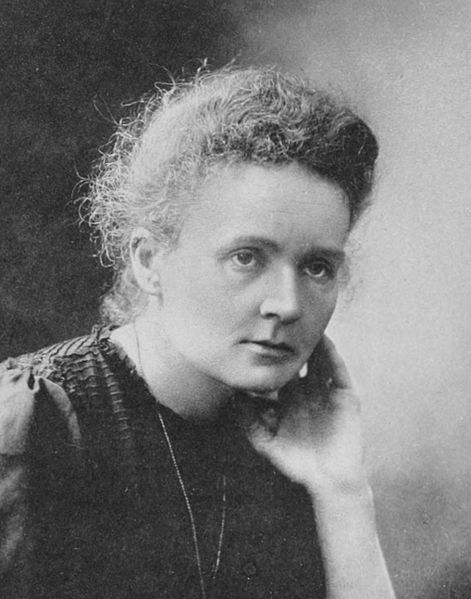
A Polish scientist born in 1867, she was the first person to receive two Nobel prizes in different fields: physics and chemistry. She was also the first woman to become a professor at the University of Paris. In 1898, after years of hard work in precarious conditions, along with her husband (who left his own research to help her), she announced the finding of two new elements: polonium and radium. In 1995, she was buried with honors in the Pantheon of Paris.
Virginia Woolf
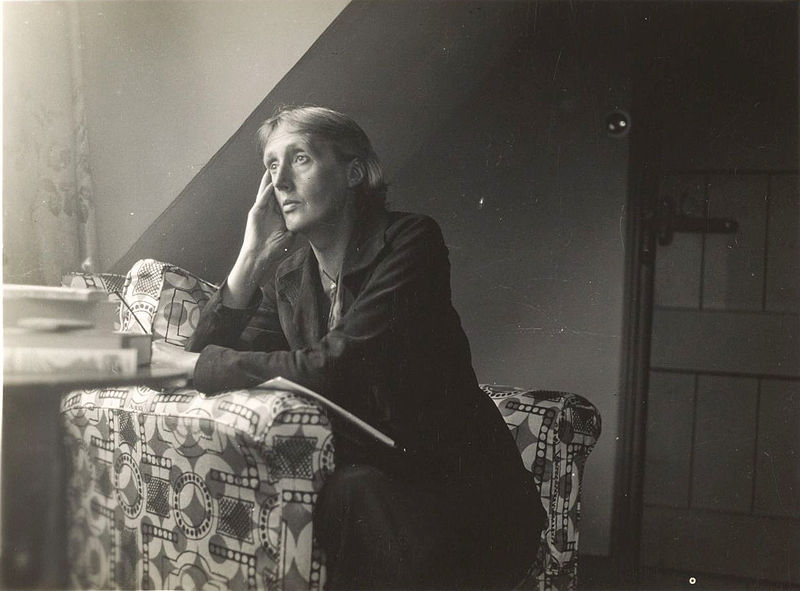
Born in London in 1882, she was a novelist, essayist, letter writer, journalist, editor, and story teller, and is considered one of the most outstanding figures in 20th century literature. Woolf was one of the first women to reflect on feminine identity and its relationship to the arts. Her long essay “A Room of One’s Own,” with its famous sentence: “A woman should have money and a room of her own if she is going to write fiction,” was rediscovered during the 1970s. Considered one of the most quoted texts of the feminist movement, it expresses women’s difficulties in dedicating themselves to literature in a world dominated by men.
St. Teresa of Avila
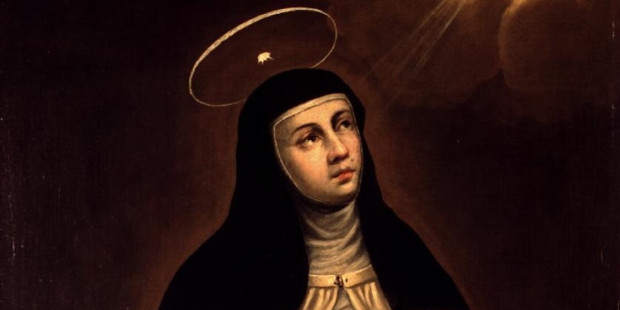
In the middle of the 16th century, the founder of the Discalced Carmelites expounded in various books against the inequality she observed in the decisions made by men in power. “The world has us corralled,” she wrote, and “Although women are not good at offering counsel, sometimes we get it right” and “This is not the time to throw strong souls away, even if they belong to women.” Teresa of Avila, a religious and a doctor of the Church, wrote these phrases at a time when women were practically invisible in society.
Sor Juana Inés de la Cruz
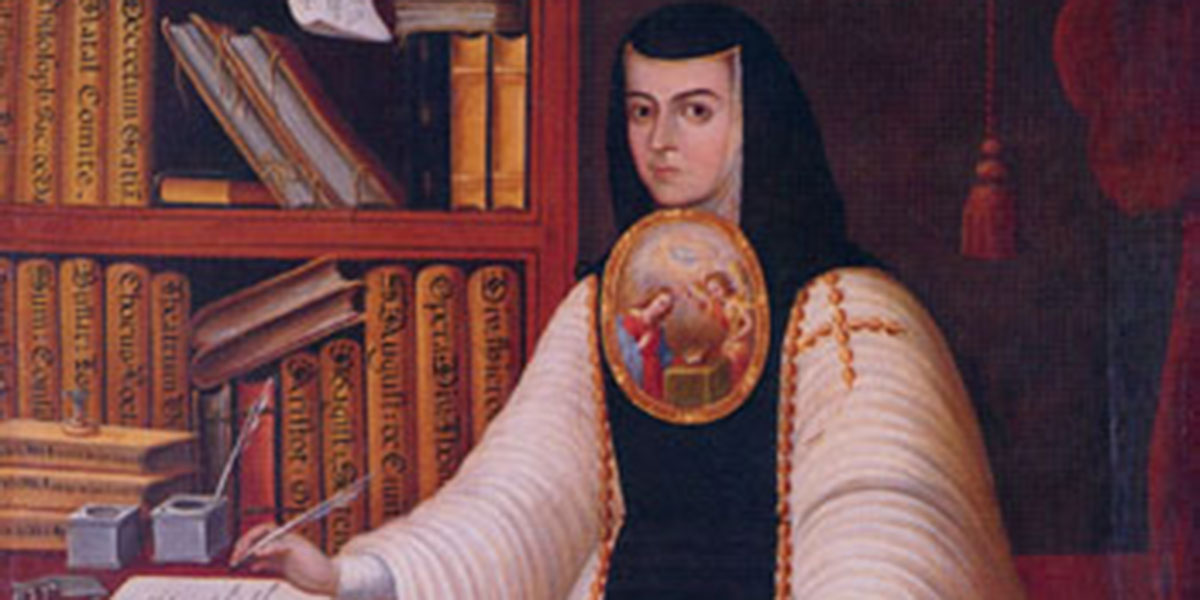
Born in San Miguel Nepantla, Mexico, in 1648, she is considered the first feminist of the New World, and the most important 17th-century writer in Mexico. She entered the convent since universities were reserved strictly for men, and until her last days, she defended the equality of the sexes, as seen in her poem “You Foolish Men.” The letter “Response to Sor Filotea de la Cruz” is a clear statement about woman’s right to education, as well as the possibility of being a woman who is also an erudite intellectual.
Frida Kahlo
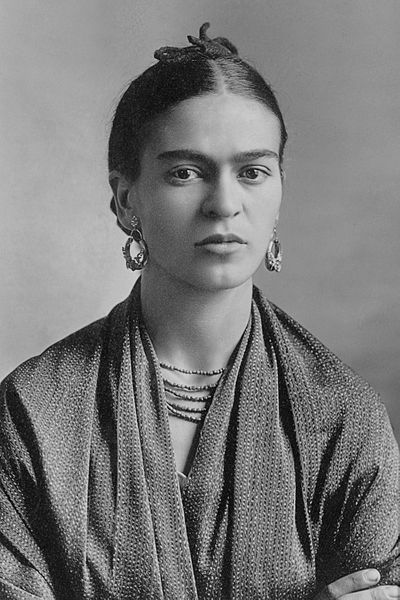
Born in 1907 in Coyoacán, Mexico, she was a well-known Mexican artist who suffered chronic pain due to fibromyalgia (widespread musculoskeletal pain) and other traumas caused by a bus accident at age 18 that split her spine into three parts, a condition that led her to be in bed much of the time. However, she continued to express herself through painting, revealing this physical and emotional pain through her unfulfilled desire to be a mother. Due to her condition, she was not able to bring her pregnancies to term, and this led her to produce some of her most famous works, such as “Henry Ford Hospital” or “Frida and the Miscarriage.”
Indira Gandhi
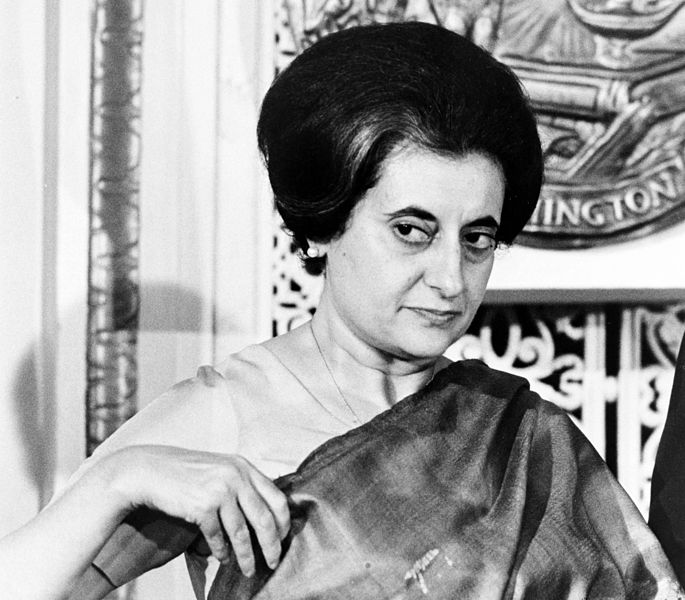
Born in 1917 in India, she was the first woman to hold the position of Prime Minister in her country. Her name was taken from her husband, Feroze Gandhi, a politician and journalist who was no relation to the pacifist Mahatma Gandhi. She was educated in Switzerland and England and had a great capacity for oratory. In 1938, she entered the Congressional Party and for the next years, she participated actively in the fight for independence, collaborating with Mahatma Gandhi. In 1966, she made history upon being elected to the Indian Parliament as the new Prime Minister. In May 1984, she was assassinated through the betrayal of two members of her security guard.
Eva Perón
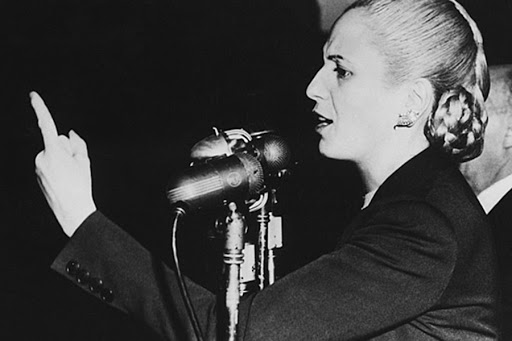
María Eva Duarte de Perón, better known as Eva Perón or just as Evita, was born on May 17, 1919 and became an Argentine political leader and actress. She married Juan Domingo Perón in 1945 and became First Lady of Argentina after he became President. She was the president of the Peronist Feminine Party, president of the Eva Perón Foundation, and was officially declared “Spiritual Chief of the Nation” in 1952. Evita was a woman with charisma who did not settle for remaining in the shadow of a man. She had tremendous talent for public speaking and pulling people together. Her family of origin was very poor, so she made the most of her situation as first lady to fight for the rights of workers, with special emphasis on giving women the right to vote.
Rigoberta Menchú
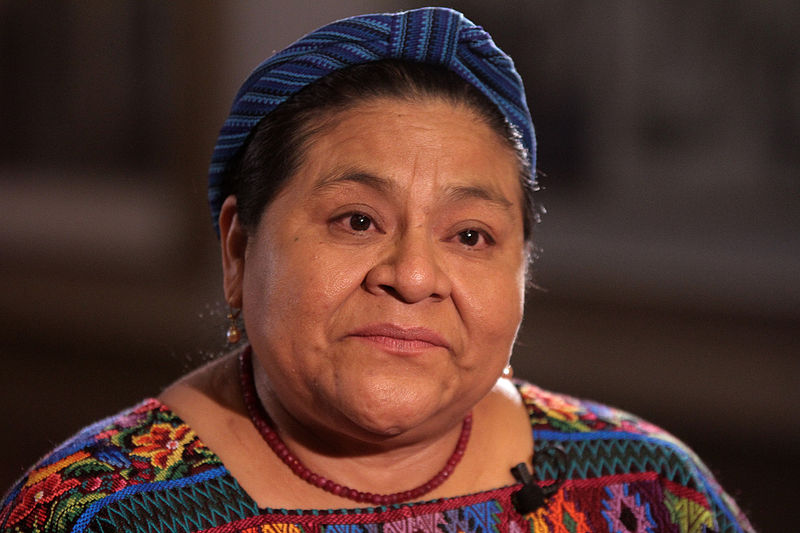
Born in Guatemala in 1959, she was an indigenous Guatemalan leader, a defender of human rights, UNESCO Goodwill Ambassador, and a Nobel Peace Prize winner. She was an activist for human rights, and from the start of her life she had to deal with poverty, discrimination, and the oppression of the dominant social classes in Guatemala. Her mother and several members of her family were killed by the “death squads.” She fled to Mexico to escape the repression and published her autobiography in 1983, which was picked up by the United Nations. One of her greatest contributions was to denounce the situation of indigenous women in Latin America.
Malala Yousafzai
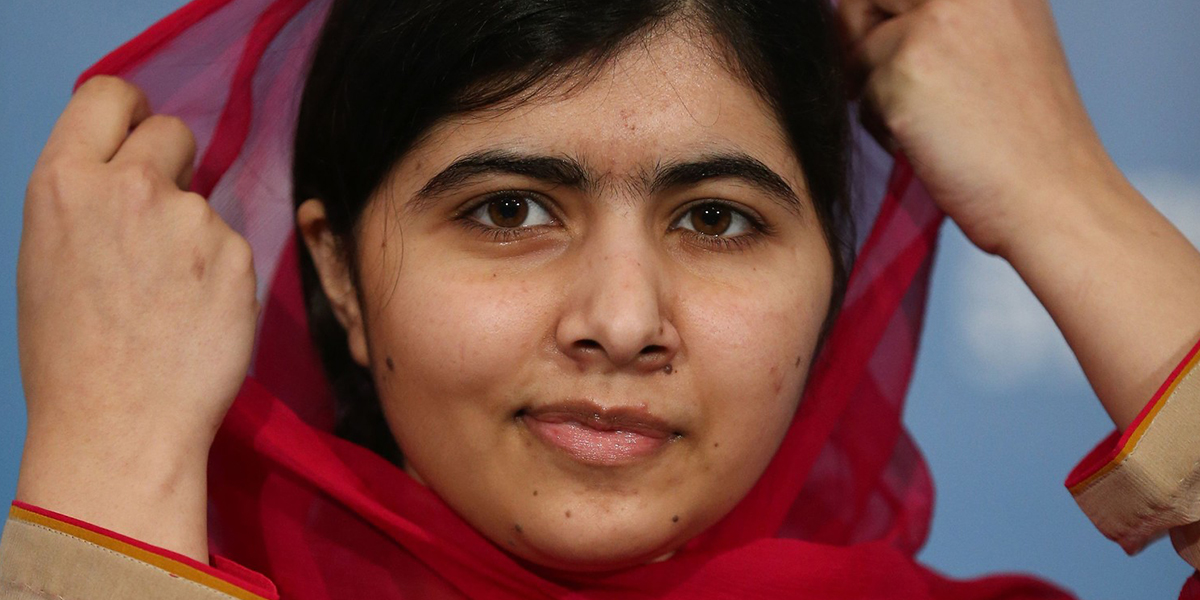
Born in Pakistan on July 12, 1997, she is a Pakistani student, activist, and blogger. She is considered the youngest winner of the Nobel Peace Prize, since she received it at age 17 in 2014. Malala is known for her activism for the civil rights of women in Pakistan’s northeastern region, where the Taliban has banned girls from going to school. On October 9, 2012 in Mingora, Malala was shot in the head for defending girls’ right to education. She almost died in the attack, but fortunately was able to recover.

Read more:
How Florence Nightingale changed the workplace for women

Read more:
New historical women statues at Central Park will stand for human dignity

Read more:
Why Wonder Woman is a worthy feminist heroine
This article was originally published in the Spanish edition of Aleteia and has been translated and/or adapted here for English speaking readers.








